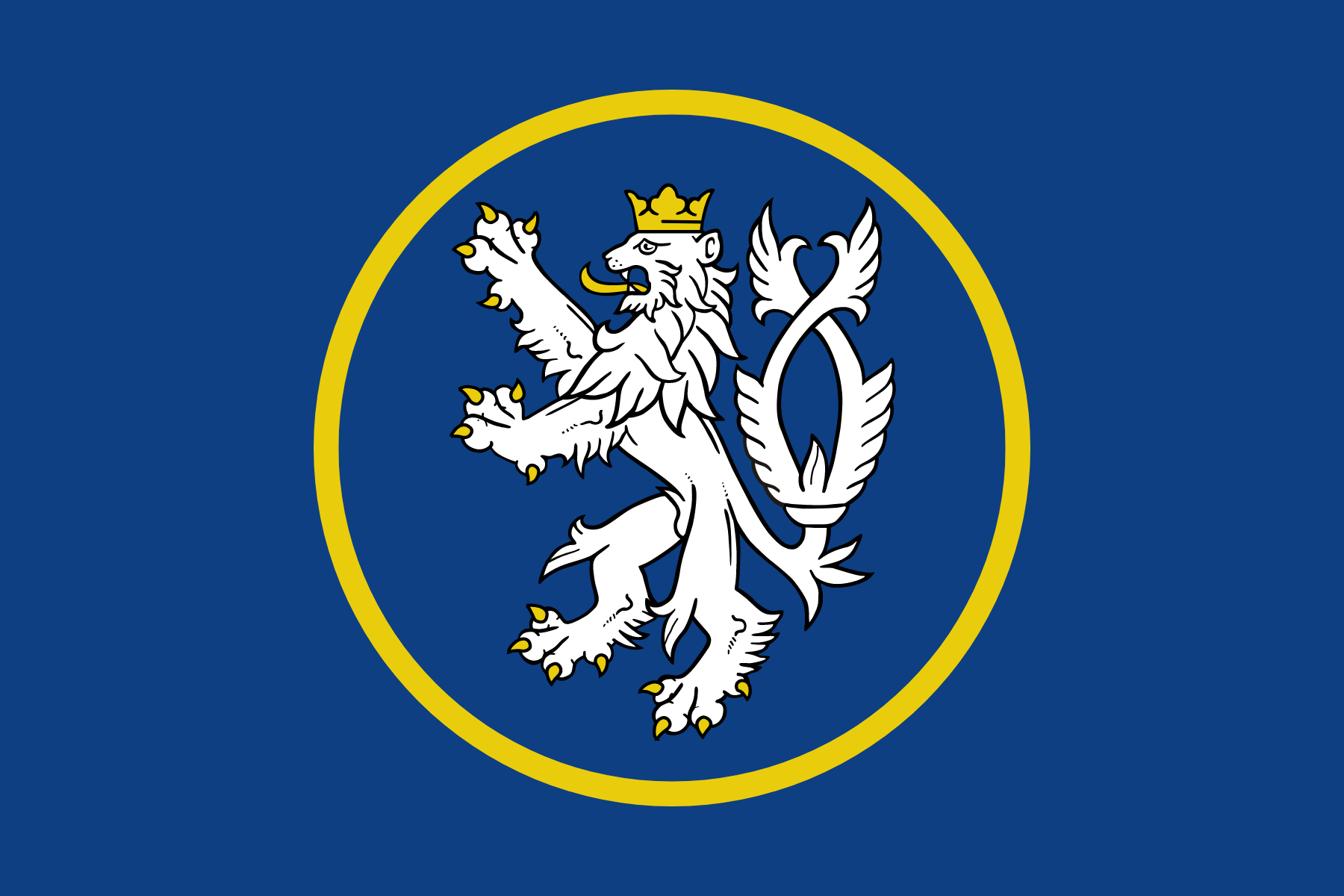Eldrath
Eldrath is a powerful human kingdom, rooted in ancient traditions and bound by pacts with high elves.
The nobility often intermarry with high elves, creating a unique blend of human ambition and elven wisdom.
Eldrathians are typically tall and fair, with a regal bearing.
Historically, they worshipped a pantheon of war and honor gods, with many ancient temples now lying in ruins.
The kingdom is currently embroiled in a civil war, adding to the complexity of its political landscape.
Demography and Population
Humans: Majority of the population, ranging from noble families to common folk.
High Elves: Significant minority, especially in the southern regions and among the nobility.
Dwarves: Smaller population, primarily in the mountainous mining towns.
Wood Elves: Rare, usually seen in the northern forests.
Total Population: Approximately 1.2 million inhabitants.
Religion
Religion in Eldrath is dominated by Aurelia Traditum, a faith nearly indistinguishable from Aurelia Orthodoxy as practiced in Everlight. This branch of the religion emphasizes strict adherence to the teachings of Seraphine Dawnbringer and upholds the Unifying Doctrine that places Aurelia as the supreme divine force, with Lumeros and Umbra recognized as her manifestations. The worship of Aurelia as the singular source of light and life is central to the kingdom's spiritual life, and the doctrines of Aurelia Traditum guide much of Eldrath's culture, law, and governance.
However, the history of Aurelia Traditum is marked by the violent suppression of the old ways, particularly the worship of Umbra, the Goddess of Shadow and Change. During the Aurelic Shift, when Aurelia Orthodoxy began to rise in prominence, temples dedicated to Umbra were among the first targets of persecution. These places of worship were destroyed or repurposed, and Umbra's followers faced intense scrutiny, often being accused of heresy or witchcraft. The clashes between the new faith and the Umbran worshippers were frequently violent, with many communities being forcibly converted or destroyed.
Today, Umbra is officially condemned by the clergy of Aurelia Traditum, and her worship is considered heretical. Open practice of the old ways is met with harsh penalties, ranging from public shaming to exile, and in extreme cases, execution. Despite this, secret worship of Umbra persists in remote areas and hidden enclaves, particularly in the northern regions of Eldrath near the border with Caladorn. These groups view themselves as the last protectors of a vital aspect of the divine balance that Aurelia Orthodoxy has sought to erase.
The persecution of Umbra's followers has left a lasting scar on Eldrath's cultural memory. Stories of the violent suppression during the Aurelic Shift are still passed down through generations, serving as a reminder of the cost of religious conformity. In some areas, there is a growing undercurrent of resistance against the rigid orthodoxy of Aurelia Traditum, with dissenters quietly pushing for a return to a more balanced understanding of the divine.
Within scholarly circles, particularly those influenced by Aurelia Scholarium in Thandara, there are ongoing debates about the role of Umbra in the divine order. Some argue that the violent repression of her worship was an overreach, and that a more nuanced understanding of the Triad of Light could help heal the divisions within Elenoria. However, these discussions are highly controversial and often suppressed by the more orthodox factions.
Overall, religion in Eldrath is a complex and deeply rooted part of its identity, shaped by both the unifying force of Aurelia Traditum and the underlying tensions that persist due to the historical persecution of the old ways. These tensions continue to influence the kingdom's social and political landscape, making religion a potential flashpoint for conflict in times of instability.
Foreign Relations
Thandara: Complex relationship marked by rivalry and occasional collaboration, particularly in trade and arcane research.
Everlight: Generally cooperative, with occasional tensions over religious and territorial issues.
Caladorn: Strong allies due to historical pacts and intermarriage, providing mutual support and stability.
Dwarves: Trade partners, though the relationship can be strained due to territorial disputes with Everlight.
Laws
Creation of Laws: The Royal Council drafts laws, which must be approved by King Aeron Thalor. The process includes consultation with high elven advisors and occasionally public hearings.
Documentation and Storage: Laws are recorded in the Great Codex of Eldrath, housed in the Grand Library of Drakmoor.
Enforcement: The Royal Guard is responsible for enforcing laws, with local lords overseeing their territories. Serious offenses are tried in the High Court of Eldrath.
Punishments: Punishments vary based on the severity of the crime, ranging from fines and public service to imprisonment or execution for the most heinous acts.
Flexibility: The legal system is rigid, reflecting Eldrath’s emphasis on tradition and honor. However, nobles and high elves may sometimes leverage their influence to mitigate punishments.

Drakmoor: The capital city, a fortified hub of political and cultural activity.
Highforge: A major mining town located in the mountainous regions, known for its rich deposits of precious metals and magical ores.
Valenwood: A vast forest region to the north, home to several noble estates and ancient elven ruins.
Stormwatch Keep: A strategic military fortress guarding the northern border.
Rivenspire: An ancient city near the southern border, known for its historical significance and proximity to high elven territories in Caladorn.
Silverlake: A serene and prosperous lakeside town famous for its enchanted fish and trade goods.



Comments